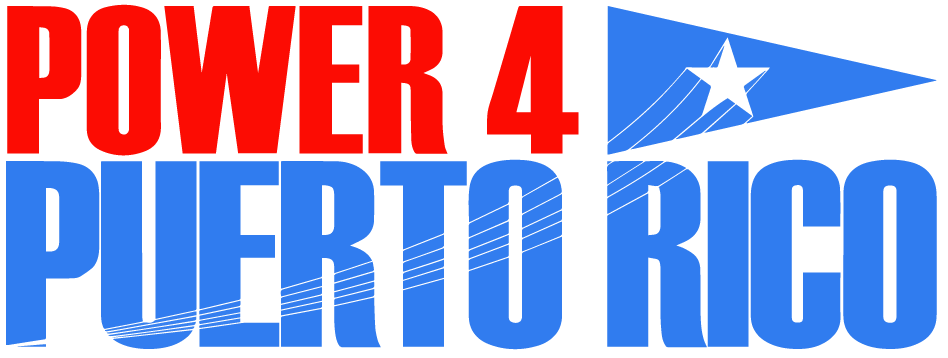Context:
○ With Puerto Rico about to lose the ability to pay its debts, and with its hands tied by the U.S. government, Congress stepped in.
○ It created bankruptcy procedures but also created a mechanism to further control Puerto Rico based, again, on Congress’ plenary powers, which stem from the Insular Cases discussed above.
The Legislation: Puerto Rico Oversight Management and Economic Stability Act (PROMESA)
○ In simplified terms, this legislation created a bankruptcy process for Puerto Rico while also taking away Puerto Rico’s self-government.
○ It created a 7-member “Fiscal Oversight Board” that has the final say on all budgets and financial planning for the Puerto Rican government. The Board either approves or creates long-term “Fiscal Plans” that the Puerto Rican government must abide by. This power over financial matters extends over all laws since it can strike down any law that it determines doesn’t comply with the Fiscal Plan.
○ The Board has veto power over local government, sets fiscal and public policy for the entire nation, is unelected and unaccountable, meets in private, pays consultants and lawyers millions of dollars in fees and passes all their expenditures on to the People of Puerto Rico, who are forced to pay their fees.
○ The Board has been found to be a constitutional delegation of Congress’ authority over the colony, which it can decide how to exert, delegate or utilize as it wishes.
Consequences:
○ The Board strips Puerto Rico of its limited autonomy and shows how the U.S. government can ignore the democratically elected government of Puerto Rico.
○ This Board has imposed strict austerity measures that many argue will worsen Puerto Rico’s chances of recovering from its financial collapse.

